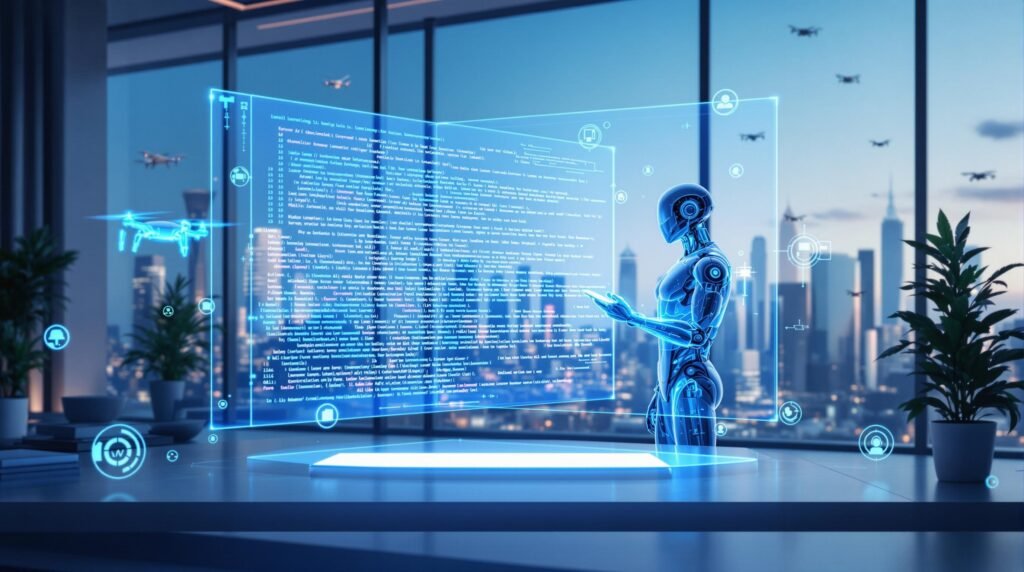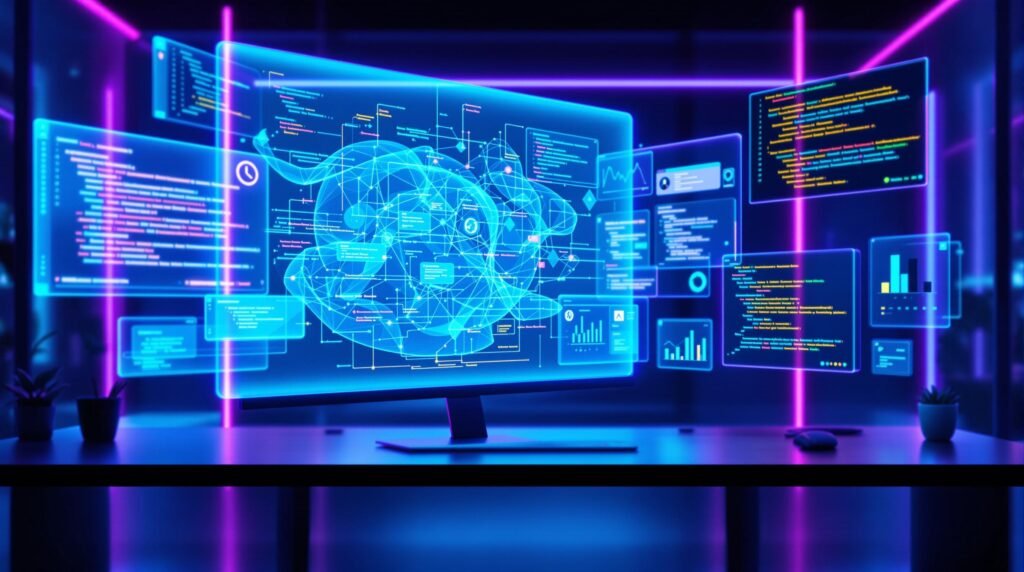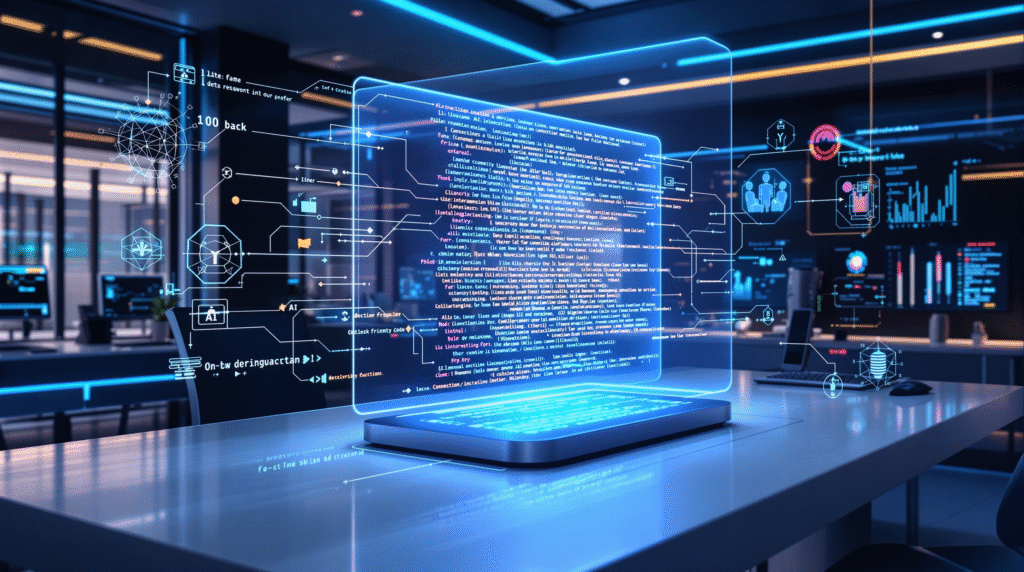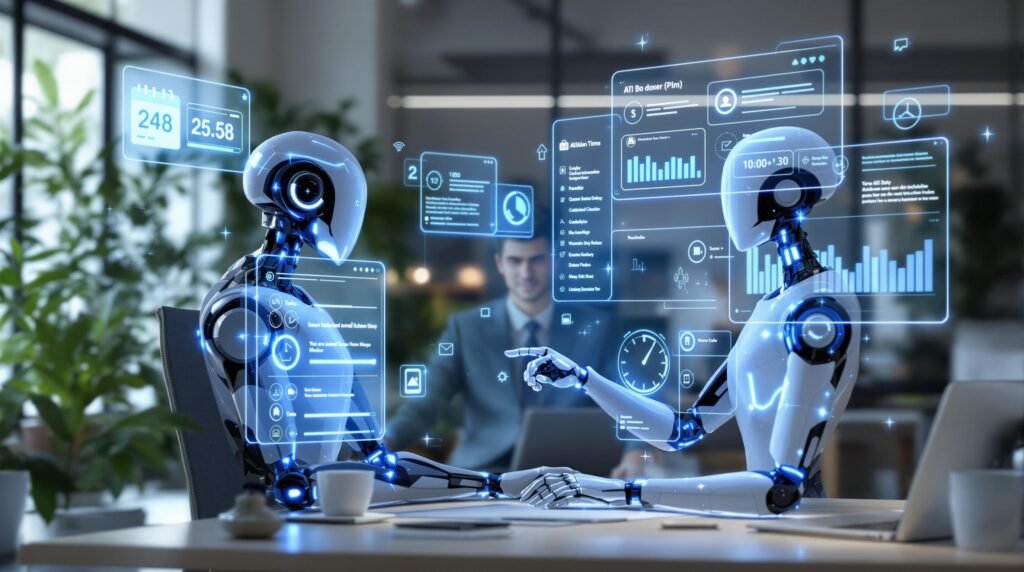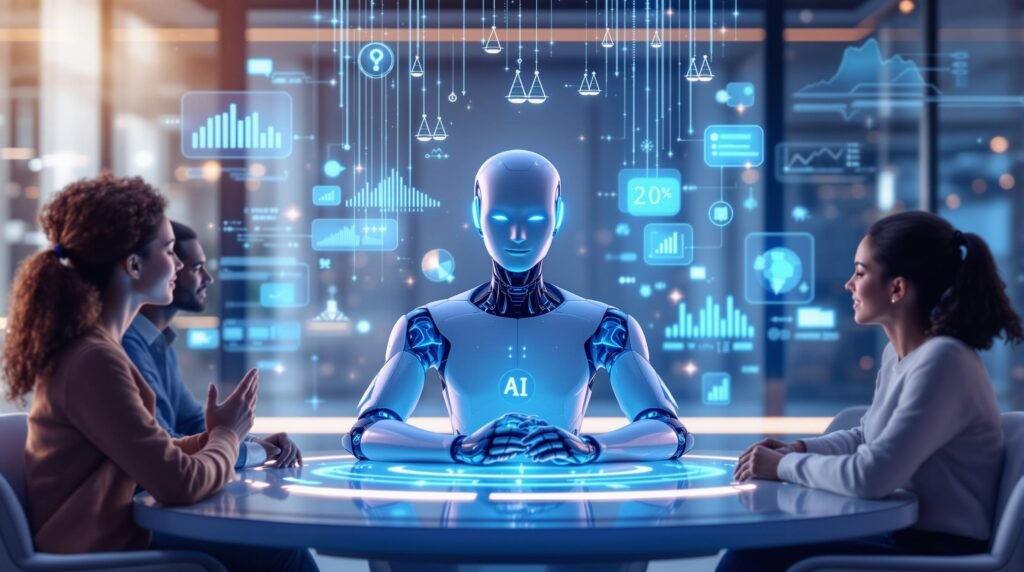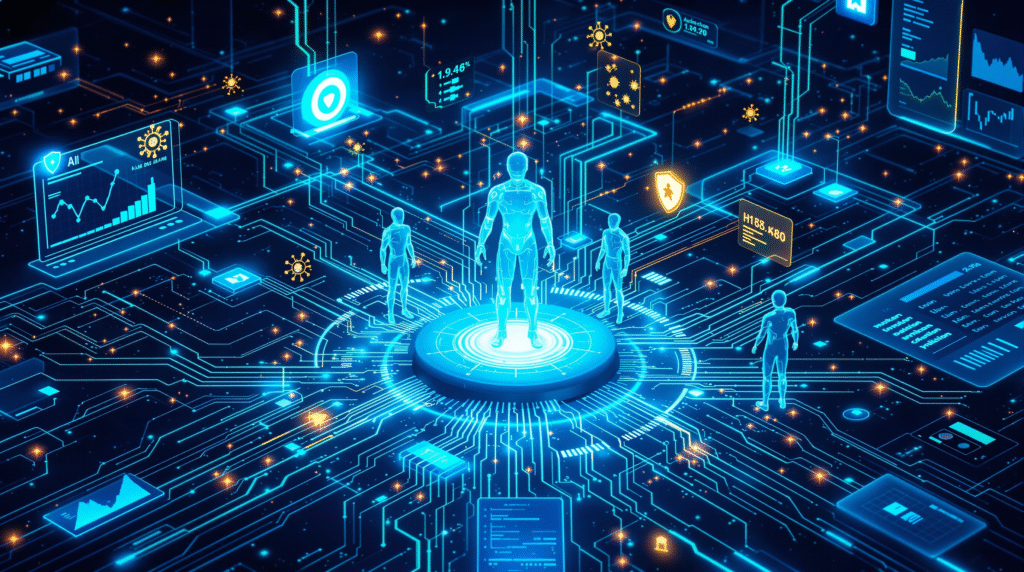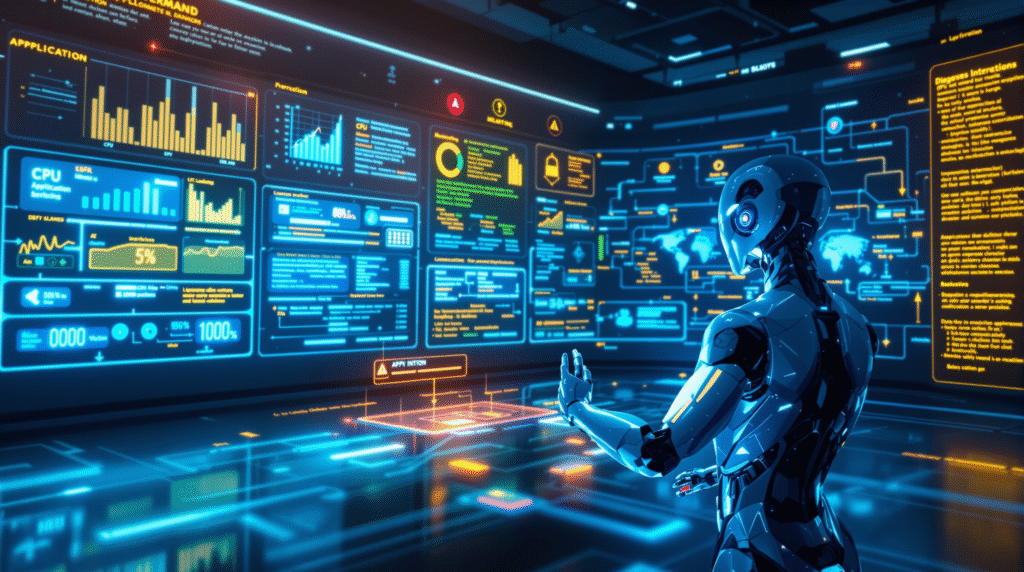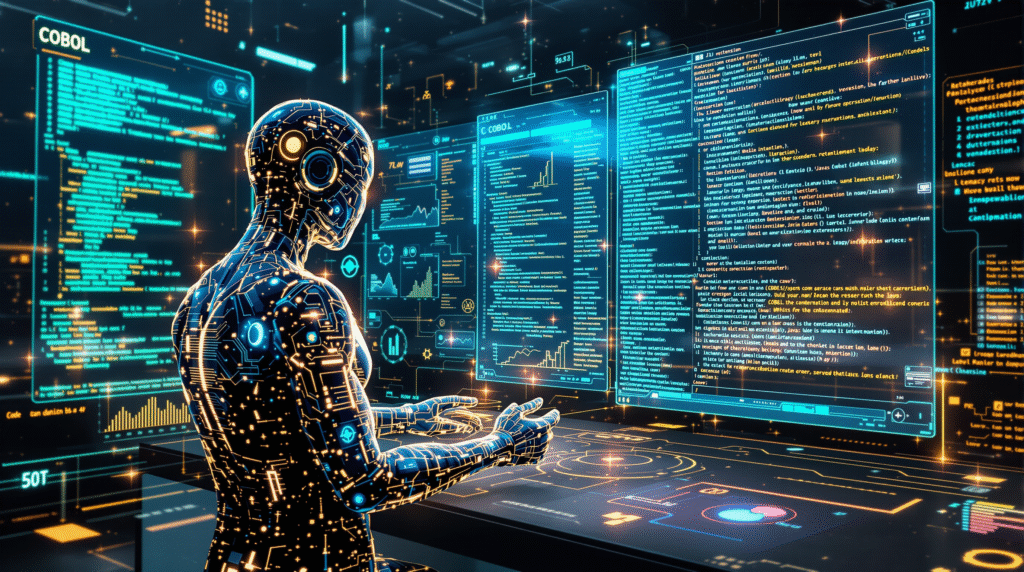Virtual Intern: AI that takes the load off you from boring tasks
Introduction: What is a Virtual Intern? In today’s fast-paced work environment, professionals often find themselves overwhelmed by repetitive and mundane tasks that consume valuable time and energy. This is where the concept of a Virtual Intern powered by artificial intelligence (AI) comes into play. A Virtual Intern is an AI-driven assistant designed to take over […]
Virtual Intern: AI that takes the load off you from boring tasks Read More »

